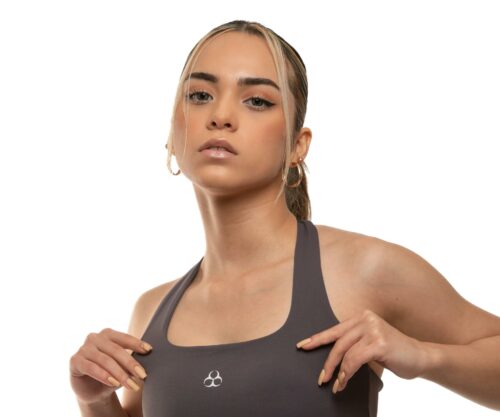
Picture: Pexels
As a parent, one of the most important milestones you’ll navigate with your daughter is her first period. It’s a significant event in her life and signals the beginning of her menstrual cycle.
By preparing your daughter ahead of time, you can help her feel confident, informed, and empowered. WebMD suggests the following valuable insights and practical tips on how to prepare your daughter for her first period.
1. Open and Honest Communication:
Establishing open lines of communication is key to helping your daughter feel comfortable discussing menstruation. Start having conversations about puberty and the changes her body will go through well before her first period. Answer any questions she may have and address any concerns or misconceptions.
2. Educate about Menstruation:
Ensure your daughter understands the biological aspects of menstruation. Explain what happens during a menstrual cycle, the purpose of periods, and how to track her cycle. You can provide age-appropriate books, online resources, or even accompany her to a healthcare professional who can explain it in detail.
3. Talk About Emotional and Physical Changes:
Inform your daughter about the emotional and physical changes she may experience during her menstrual cycle. Discuss common symptoms such as mood swings, breast tenderness, and bloating. Reassure her that these changes are normal and temporary, and provide guidance on how to manage them effectively.
4. Practical Preparations:
Equip your daughter with the necessary supplies well in advance. Teach her how to use sanitary pads or tampons, and encourage her to experiment with different products to find what works best for her. Additionally, show her how to keep track of her menstrual cycle using a calendar or smartphone app.
5. Normalising Period Talk:
Encourage your daughter to talk openly about periods with trusted friends or family members. This will help her realise that menstruation is a natural part of life experienced by many girls and women. Normalise conversations about periods so that she feels comfortable seeking support and sharing her experiences.
Also see: Points of safety to teach your child




